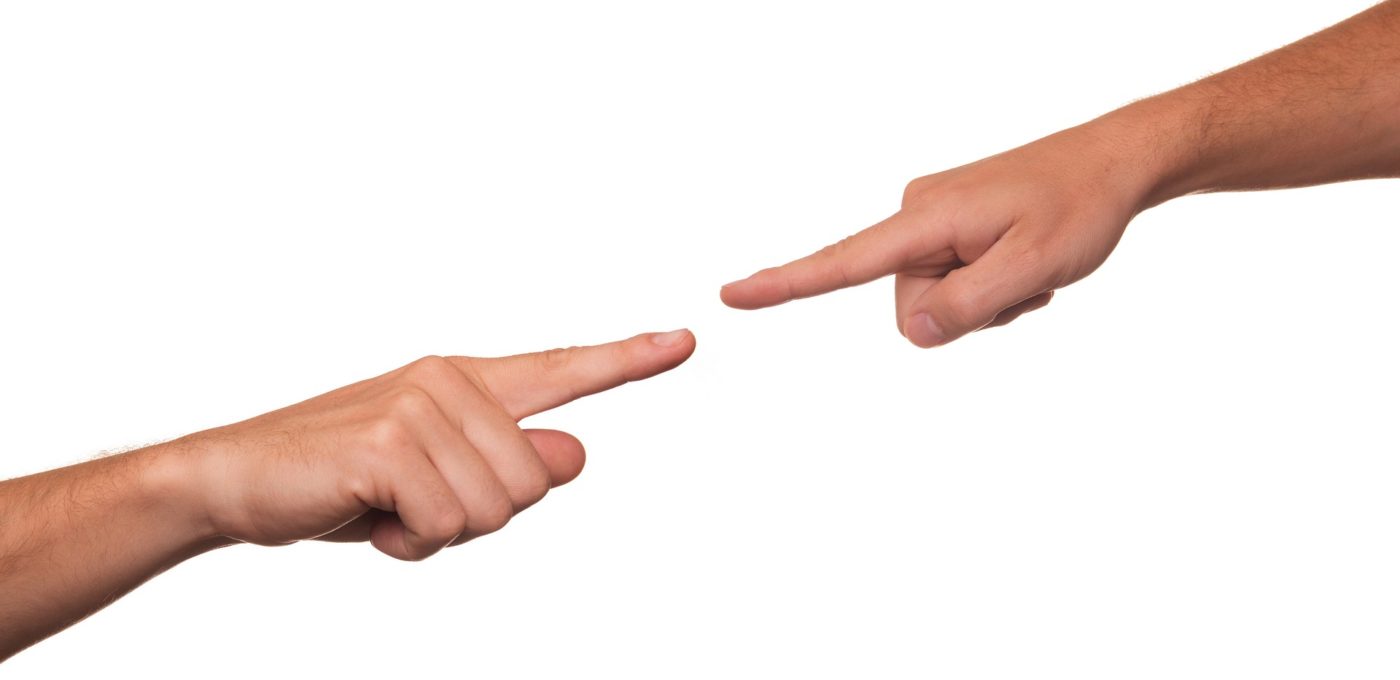
Tips for Freeing Yourself From Blame
Blame is often one of the most toxic and self-destructive thought patterns that can emerge. At Recovery Care Partners, we understand that addiction is just as much a mental hurdle as it is a physiological one. On the road to recovery, almost all former addicts struggle with blame and issues of identity. Freeing yourself from blame is an important concept to understand—that is, understand why it is a fruitless endeavor to spend your time questioning if addiction is your fault or if it isn’t.
The Psychology of Blame
What is blame, exactly? What function does it serve? In the simplest terms, blame is both an emotion that facilitates guilt and is also a concept that offers utility. Whether you are blaming yourself (often unduly) or freeing yourself from blame by blaming someone else (often unfairly), in both situations it is a way to reframe a situation to reflect positively or negatively upon you. Something is either your fault (negative) or not your fault (positive).
In the simplest sense, in terms of blame, there are two paths. An addict may blame him or herself for some traumatic event or situation in life and this may turn them into substance abuse to cope with the knowledge of that thing. The blame rests squarely on an issue of identity, in which the person believes that they are the addict and that is all they will ever be. This could not be further from the truth, however, in the moment it is a powerful sense of negative attachment. This is similar to if not the same as victim mentality, where we feel ourselves a victim to forces outside of our control all the way up until the point where we no longer have an identity outside of “the victim”.
On the contrary, an addict may also think freeing yourself from blame is blaming others for their addictions. Some perceived wrong is done to them in the past or a traumatic experience—often in childhood, which has created a complex that fuels a type of existential stress that is everpresent. At the root of addictive behavior, there is an action that is pleasurable in the short term to do but is devastating in the long term. The addict can not stop themselves from indulging in this behavior at the expense of the rest of their life and thus, they are on a self-destructive path. This existential stress is the trigger that creates the itch to use, and abuse is the temporary relief.
Blaming others is the flipside of blaming yourself, but the result is the same. There is some emotional wound or trauma that becomes a tragic pain point that enables the person to fall deep into a victim mentality.
Accountability is Key
Accountability means that you should take responsibility for the actions you take but also the things which happen in your life. The idea is that regardless of whether a situation is in your control, you can control and own your actions—thus empowering you and making you feel in charge of your fate. The issue is that many people mistakenly believe that accountability means blaming yourself for everything that occurs. No.
That is not the same thing, that is just toxic blaming in disguise coming to rear its head. With the proper perspective, accountability is the number one thing that can melt right through the hazy lies of the blame game. Remember, fault and blame are more or less the same terms, spending time contemplating whether it is your fault or another person’s fault that you are driven to substance abuse is not helpful or conducive to recovery.
Instead, consider that only about 20-30% of drug users become addicted to drugs. The reason for this is that some people are simply—for neural reasons or physiological reasons, more susceptible to addiction to particular drugs. If you find yourself in this camp, you understand why some addictions are more akin to disease more than anything. You would never fault someone for being susceptible to high blood pressure or diabetes, addiction is no different.
Freeing Yourself From Blame: Sober Coaching for Addiction Recovery
Recovery Care Partner is an expert in facilitating interventions, post-treatment support services, and providing a sober companion to aid those transitioning into a recovery lifestyle. A sober companion is a phenomenal way to have someone around to keep you accountable for your life as well as just provide empathy and emotional rapport. Our team of highly driven and empathetic individuals has guided numerous patients towards recovery. We offer our services in Philadelphia, South Jersey, Outpatient Treatment Atlanta, Richmond, Greenwich, Baltimore, and the Greater Washington DC area. Visit our contact page or give us a call at (240)-206-6324 to help you or a loved one take the first step towards recovery.
Table of Contents








